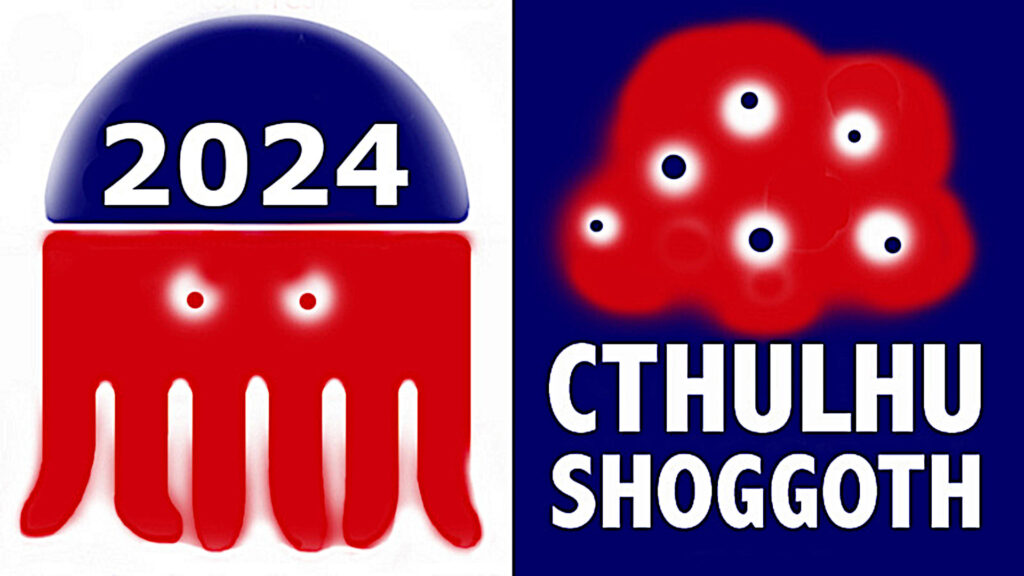Starting with the George Floyd protests in 2020, we began hearing calls to defund police. Police departments, so the thinking went, mostly served White interests, and thus tended to support White supremacy. This argument may have been valid, but it ignored other interests that have controlled police departments in the U.S.
“On May 28, 1937, a strike of seventy-eight thousand steelworkers spanned seven states in the Steel Belt from Homestead to Chicago. The Little Steel Strike of 1937 showed that business would not accommodate unionization even in the face of federal directives. Little Steel companies came prepared. They each bought tens of thousands of dollars’ worth of tear gas, gas grenades, pistols, and rifles to supply to local police and corporate guards to stop a strike. A congressional investigation found that the companies together had purchased $178,000 worth of such armaments. Bethlehem Steel had directly paid the policemen’s salaries. In Chicago, on Memorial Day, came the climax of the strike, when a thousand strikers took American flags and began to walk toward the steel mill. When told to disperse by police, they refused. The police fired on the crowd in what was reported as the Memorial Day massacre, killing seven and wounding ninety. Most of the injured were shot in the back. The strike fell apart soon after….” (Louis Hyman, Temp: How American Work, American Business, and the American Dream Became Temporary [Viking, 2018], p. 35)
That’s just one small example of how police have always served the interests of corporate employers over the interests of working people. Police departments are still serving corporate interests over worker interests. I’ve never heard of a police department protecting striking union members from corporate security. I’ve never heard of a police department raiding a company’s premises to stop unsafe and exploitative work practices. You will never, ever hear of a police department shooting and killing CEOs. Police departments get paid to support bosses, not workers. (And please notice that I’m referring to “police departments” and not “police” — many police officers are ethical people working a tough job; but, like other workers, they have to do what their bosses tell them.)
The key point is that police departments serve the existing power structure. If the existing power structure includes systemic racism, then the police departments will support that systemic racism. If the existing power structure wants cheap labor to maximize corporate profits, then the police departments will suppress workers who go on strike.
Which raises an interesting point: It might be that the interests of Black and other non-White people, and the interests of working class people of whatever race, have some significant overlap.


![Caricature of Donal Trump's mugshot, in which he is smiling. The text behind him reads: "That stupid Fani thinks she's so smart. This is the best [crossed out word] publicity I could get. My [crossed out word] stupid followers will eat this up. I [crossed out word] love free publicity."](https://www.danielharper.org/yauu/wp-content/uploads/2023/08/Mugshot-1024x952.jpeg)